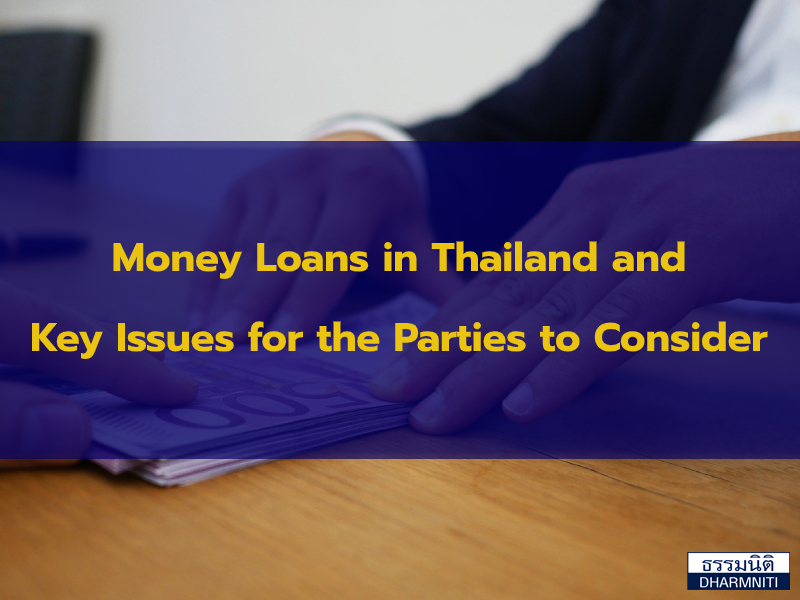DLO Joins Association of European Lawyers (AEA)
Dharmniti Law Office is pleased to announce that in December 2020 it has joined the Association of European Lawyers (AEA) which is a professional network of lawyers spread throughout Europe and the world. The AEA was established in 2004 and now covers approximately 405 firms/ law offices with a total of around 3,000 lawyers. DLO believes that by joining the AEA it will better enable it to support its clients as it can provide suitable contact referrals to lawyers throughout the world. DLO looks forward to working with other AEA member firms and attending the future annual conferences.











 Except where otherwise indicated, content on this site is allowed to be used under
Except where otherwise indicated, content on this site is allowed to be used under